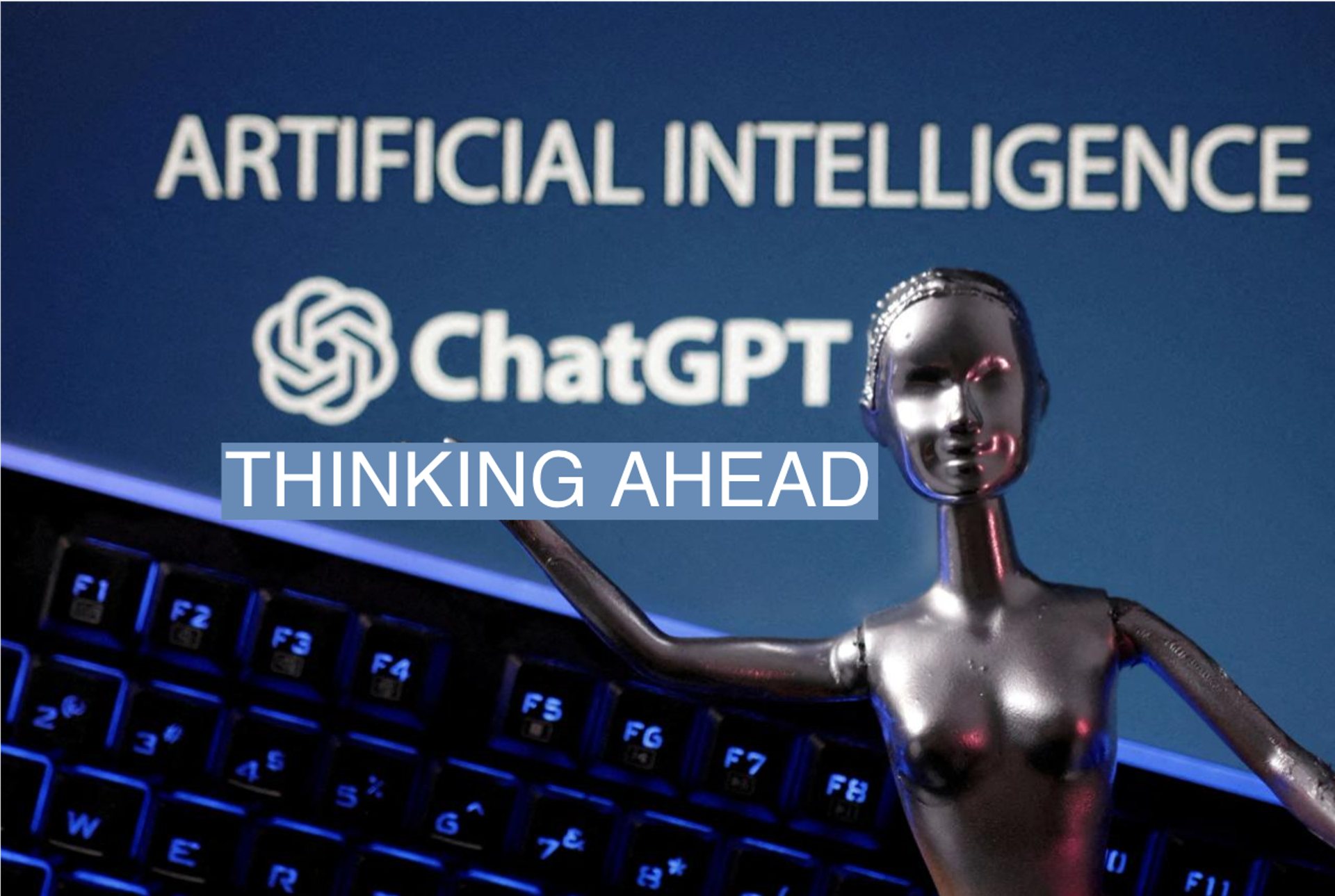The News
The Biden administration is looking to create a new national strategy on artificial intelligence, but first it’s asking the public to weigh in on some of the thorniest issues related to the fast-evolving field.
In “order to seize the opportunities AI presents, we must first manage its risks,” the White House says in a fact sheet announcing the effort. Through July 7, the administration is looking for input on a long list of questions, including what safeguards are necessary to protect individual rights as AI advances, what its impact on Americans’ jobs might be, and how the tech can be used to improve government services.
The new strategy will build on some of the government’s previous efforts to grapple with the promise and perils of AI tech. Those include the National Artificial Research and Development Strategic Plan, which is also being updated to include an emphasis on international collaboration.
The R&D roadmap was last changed in 2019, and is aimed at driving innovation while addressing AI’s legal and societal implications. The refreshed edition aims to ensure AI tools become “trustworthy, reliable, dependable, and safe,” while creating technical standards informed by the administration’s previously published “Blueprint for an AI Bill of Rights.”
The White House is also releasing a new report on the risks and opportunities AI could create in education. Lawmakers have already begun to predict that the technology could cause disruption for schools not unlike the birth of the internet.
“The benefits to society will likely far outweigh the costs, but dealing with the resulting change will undoubtedly require a major shift in our education system, our workforce and our laws,” Jay Obernolte, R-Calif., the only sitting member with an advanced degree in AI, wrote in a recent op-ed.
Know More
The administration’s effort is the latest sign of how the emergence of ChatGPT has created a new sense of urgency around AI across Washington. Before today, for instance, the government’s R&D plan had only been minimally updated since it was first issued in 2016.
The Biden administration’s initiative to craft a national strategy could put it a step ahead of Congress, where lawmakers are just beginning to learn about the technology, and are admittedly in the information-gathering stages of thinking through potential regulation. But there seems to be an early consensus in Washington about the need to disclose when and how we interact with AI.
“We need to be able to do testing and analysis on this stuff and understand where the data comes from, how it was trained, and understand how a particular platform comes up with the product that it has. And that is not trivial,” Sen. Martin Heinrich, D-NM told Semafor.
During a Senate hearing last week, Sam Altman, the CEO of ChatGPT creator OpenAI, raised concerns that AI could cause “significant harm to the world” if handled incorrectly and urged Congress to regulate the technology.
